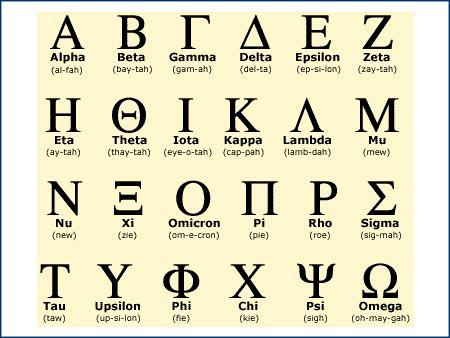We are designing a discourse on method for inventing an electrate education, using the CATTt generator found analytically in every discourse on method composed in the tradition in literacy, from Plato's Phaedrus to the manifestos of the avant-garde. The four registers of Contrast-Analogy-Theory-Target supply the resources of the invention, and the function of tale is as vehicle--genre, form--both to perform and explain the new method. The prototype is the dialogue, invented by Plato as the form for inculcating and communicating the powers of writing.

Electracy
The purpose of this Group is to host a conversation exploring the future of education and learning in Electracy (the digital apparatus).
This Group was initiated as a collaboration with Mark Goulthorpe, including conversations related to his participation on several committees and subcommittees addressing curriculum reform at MIT where he is on the Architecture faculty.
Advising the Tyrant of Syracuse is an essay co-authored by Goulthorpe and Ulmer, expanding on a statement composed for the MIT faculty newsletter, introducing the arguments of apparatus theory (electracy) and heuretics in the context of the MIT discussions, but relevant to curriculum reform more generally in the present circumstances of global online learning.
The historical encounter of Plato with Dionysius I of Syrcuse is the emblem framing our inquiry. Plato famously, in his dialogue The Republic, described a utopian city governed by philosopher-kings. In practice his consulting visit to Syracuse, including a lecture denouncing tyrants, did not sit well with the Tyrant Dionysius. Plato managed to avoid execution, and the lesson reinforced his commitment to the Academy and the transformation of education as the long-view approach to achieve his goal of a civilization based on reason rather than religion. Dionysius I has a secure place in the history of engineering, as well as of politics. "Dionysius I of Syracuse organized the workshops where the catapult was invented in 399 B.C., and conducted the first sophisticated siege warfare against a fortified city, where he also employed the Near Eastern devices of siege towers and battering rams" (Manuel De Landa, War in the Age of Intelligent Machines).
In this story we are on the side of Plato, heirs of the Academy, of Aristotle's tutoring of Alexander the Great, still serving the Powers That Be (Dionysius did not design the siege engines himself). Plato was not wrong in principle; consulting may still be the answer, even while we rely on funding from the war machine.
[This Group is just underway: please check back for additional topics].
Electracy members
Topics
Heuretics as logic of invention does not jump to conclusions, but assumes that the method (poetics, discourse) does not yet exist and must be designed and tested. Using the CATTt generator to guide our proposals for electrate education, we will introduce each resource dimension separately, before exploring their synergy as a unit. A good point of departure is Target, establishing the contemporary circumstances calling for fresh thinking. The MIT Recommendations outline a plan of desired innovations that correlate concisely with apparatus projections. The most relevant proposals document
The Institute-wide task force on the future of MIT education produced Recommendations that are a good point of departure for innovation. The list of intentions is insightful, relative to projections of apparatus theory. We will discuss specifically the first eleven recommendations elsewhere. For now the point to emphasize is that however appropriate the recommendations are, they do not attempt to describe, let alone prescribe, the nature of the innovations in pedagogy a
The second reason motivating a more radical approach to education reform is not only the inadequacy of literacy as storage and retrieval of information, but the fact that the techno-scientific apparatus is not capable of solving the problems threatening human survival. In fact, there is some agreement that the primary source of disaster in modernity is the result of techno-scientific production, with climate change at the top of the list. As Paul Virilio observed, every invention includes its own accident: to invent the car is to invent the car wreck.
This Group (and subsequent ones) hosts a conversation exploring the implications of electracy (apparatus theory) for education in a civilization adapting to digital technologies. The conversation is first person, the posts are signed, offering my own acccount of how I encountered this question. There is no attempt to be prescriptive or make normative claims. Rather, each contributor to the conversation (whether here or in some other venue) explains how change looks from his or her vantage point.






